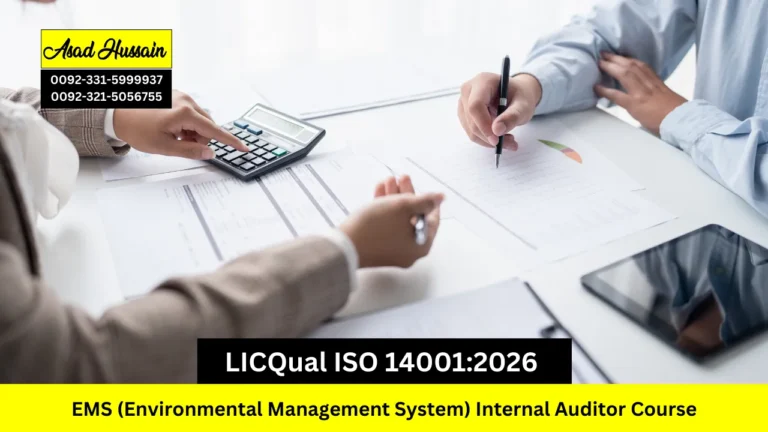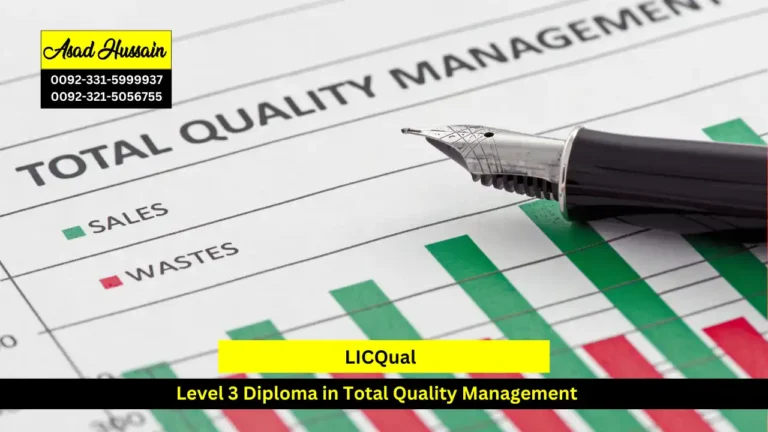In today’s increasingly unpredictable world, the need for skilled professionals in disaster management is more pressing than ever. The Level 4 International Diploma in Disaster Management is a key qualification for those looking to make a significant impact in this crucial field. This diploma provides a solid foundation for managing emergencies, coordinating relief efforts, and implementing effective disaster response strategies.
The Level 4 International Diploma in Disaster Management is a specialized program designed to equip individuals with the knowledge and skills necessary to handle various disaster situations. This diploma covers a wide range of topics, including risk assessment, emergency planning, and response coordination, ensuring that graduates are well-prepared to tackle the complexities of disaster management on a global scale.
The Level 4 International Diploma in Disaster Management is ideal for individuals who are passionate about disaster response and management. It is suitable for professionals working in emergency services, humanitarian aid, risk management, and related fields. Whether you are looking to advance your career or transition into a new role, this diploma provides the expertise needed to excel in the field of disaster management.
The Level 4 International Diploma in Disaster Management is a pivotal qualification for those committed to addressing and managing the challenges posed by disasters. With its comprehensive curriculum and global relevance, this diploma offers a robust foundation for a rewarding career in disaster management. If you are driven by the desire to make a meaningful impact and are prepared to face the complexities of disaster scenarios, this diploma could be the perfect next step in your professional journey.
Program Highlights
Mandatory Units
- Unit 1. Overview of Disaster Management
- Unit 2. Disaster Management Approaches: Preparedness, Response and Recovery
- Unit 3. Natural Hazards and Resilient Communities
- Unit 4. Geospatial Techniques in Disaster Management: A Critical Introduction
- Unit 5. Leadership in Disaster Management
Educational Qualifications
- Minimum Academic Qualifications: Applicants should have a recognized secondary school diploma or equivalent. This typically includes GCSEs, A-Levels, or their international equivalents.
- Relevant Prior Learning: While a background in disaster management or related fields is not always mandatory, having prior knowledge or coursework in subjects like emergency management, public health, or environmental science can be beneficial.
Professional Experience
- Work Experience: Candidates are generally expected to have some professional experience in a related field. This could include roles in emergency services, humanitarian aid, risk management, or public safety. Specific experience requirements can vary by institution but having relevant work experience will strengthen your application.
- Volunteering Experience: Experience in volunteer roles related to disaster relief, community service, or crisis management can also be advantageous.
Language Proficiency
- English Language Skills: Since the program is typically conducted in English, proficiency in the language is required. For non-native English speakers, proof of English language proficiency through standardized tests (e.g., IELTS, TOEFL) may be required, or you may need to provide evidence of previous education conducted in English.
Personal Statement
- Statement of Purpose: Many institutions require a personal statement or letter of motivation. This should outline your interest in disaster management, your career goals, and why you are pursuing this diploma. It’s an opportunity to demonstrate your passion for the field and how the qualification aligns with your professional aspirations.
References
- Letters of Recommendation: Some programs may request letters of recommendation from academic or professional referees. These references should ideally speak to your capabilities, work ethic, and suitability for the program.
Interview (if applicable)
- Personal Interview: In some cases, an interview may be part of the selection process. This allows the institution to assess your suitability for the program and your understanding of disaster management principles.
Technical Requirements
- Computer and Internet Access: As many programs offer online components or require the use of digital resources, ensure that you have access to a computer and a stable internet connection.
Additional Requirements
- Application Form: Completion of the application form provided by the institution is mandatory.
- Application Fee: Some institutions may require an application fee, which is typically non-refundable.
How to Prepare
- Gather Documents: Ensure you have all necessary academic and professional documents ready, including transcripts, certificates, and reference letters.
- Improve Language Skills: If needed, take steps to improve your English language proficiency before applying.
- Gain Relevant Experience: Seek opportunities to gain experience in disaster management or related fields to strengthen your application.
Overview of Disaster Management
- Understand the Fundamental Concepts: Demonstrate a comprehensive understanding of the key principles and practices in disaster management.
- Identify Disaster Types: Classify different types of disasters (natural, technological, and human-induced) and their impacts on communities.
- Explain Disaster Management Frameworks: Describe the global and local frameworks, policies, and systems used in disaster management.
- Analyze Historical Disasters: Evaluate case studies of past disasters to understand their impact and lessons learned.
Disaster Management Approaches: Preparedness, Response, and Recovery
- Develop Preparedness Plans: Create and evaluate effective disaster preparedness plans, including risk assessments and emergency protocols.
- Coordinate Response Efforts: Demonstrate the ability to coordinate and manage response efforts during a disaster, including resource allocation and communication strategies.
- Implement Recovery Strategies: Formulate and assess strategies for disaster recovery, including rebuilding infrastructure and restoring services.
- Evaluate Case Studies: Analyze real-world case studies to identify best practices and areas for improvement in disaster management approaches.
Natural Hazards and Resilient Communities
- Identify Natural Hazards: Recognize and classify various natural hazards (e.g., earthquakes, floods, hurricanes) and their potential impacts on communities.
- Assess Community Resilience: Evaluate the factors that contribute to community resilience and the measures that can be taken to enhance it.
- Develop Mitigation Strategies: Propose strategies for mitigating the effects of natural hazards and improving community preparedness.
- Analyze Case Studies: Review case studies of resilient communities to understand successful practices and challenges faced in hazard mitigation.
Geospatial Techniques in Disaster Management: A Critical Introduction
- Understand Geospatial Technologies: Explain the role of geospatial technologies (e.g., GIS, remote sensing) in disaster management.
- Apply Geospatial Analysis: Demonstrate the ability to use geospatial tools and techniques for disaster risk assessment and management.
- Interpret Spatial Data: Analyze and interpret spatial data to support decision-making in disaster preparedness, response, and recovery.
- Evaluate Case Studies: Assess the effectiveness of geospatial techniques in real-world disaster scenarios through case studies.
Leadership in Disaster Management
- Develop Leadership Skills: Identify and cultivate essential leadership qualities required for effective disaster management.
- Lead Response Teams: Demonstrate the ability to lead and manage disaster response teams, including coordination, decision-making, and conflict resolution.
- Implement Leadership Strategies: Apply leadership strategies to enhance organizational effectiveness and stakeholder collaboration during disasters.
- Analyze Leadership Case Studies: Review and critique leadership case studies to identify successful approaches and areas for improvement in disaster management leadership.
The Level 4 International Diploma in Disaster Management is tailored for individuals who are passionate about addressing and managing the challenges posed by disasters. It is ideal for professionals currently working in emergency services, humanitarian aid, public safety, or risk management, who seek to enhance their expertise and advance their careers. Additionally, the course is suited for those looking to transition into the field of disaster management from related disciplines, such as environmental science or public health. This diploma is also valuable for volunteers and community leaders who wish to develop formal skills and knowledge to better support their communities during crises. Whether you are aiming to take on a leadership role in disaster management or improve your practical skills for responding to emergencies, this course offers the comprehensive training needed to make a significant impact in the field.







